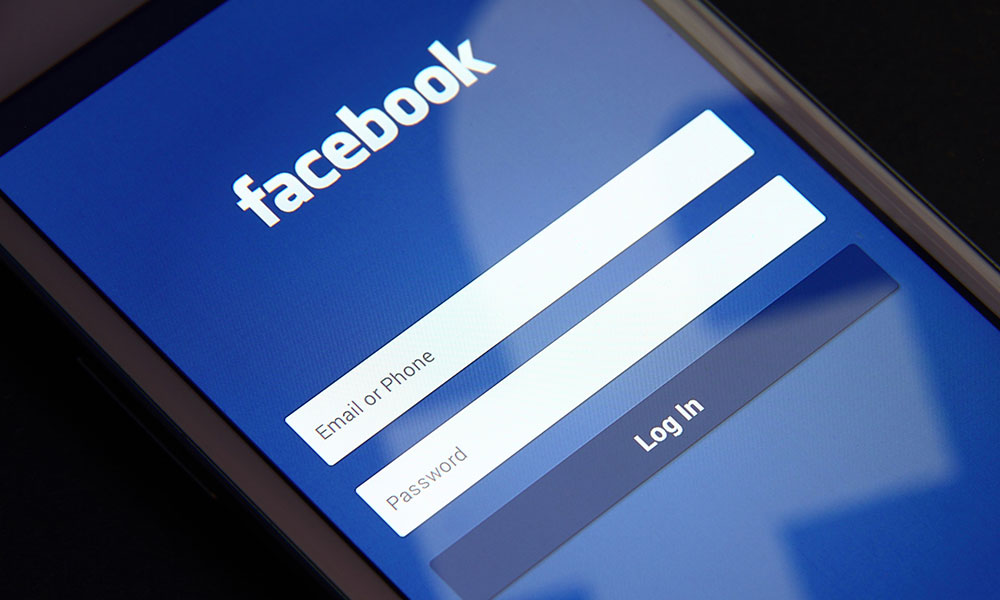
Nameless Coalition Targets Facebook’s Real-Name Policy
From drag queens to dissidents, several groups have voiced their concerns about Facebook's requirement that users use their real names. Now a bevy of prominent human rights organizations and technology advocacy groups are unifying their critiques through the Nameless Coalition.
Spend five minutes reading anonymous internet comments and it’s easy to understand why Facebook prefers that people use their real names.
“Having people use their authentic names makes them more accountable,” a Facebook representative told The Washington Post earlier this year. “[It] also helps us root out accounts created for malicious purposes, like harassment, fraud, impersonation, and hate speech.”
Despite those good intentions, Facebook’s policy has been criticized by people who want to use the social network but don’t want to reveal their real names. And as the site has grown—it now has more than 1.44 billion monthly active users—so too have frustrations with its name policy.
Taking Action for Anonymity
Now a collection of high-profile organizations called the Nameless Coalition is pressing Facebook to change the “authentic identity” policy. In a statement on its website, the Electronic Frontier Foundation, a coalition member, lists examples of the users the policy affects:
transgender and gender-variant people whose legal names do not accord with their gender identity people who use a pseudonym or name modification in order to protect themselves from physical violence, legal threats from repressive governments, or harassment on the basis of gender, sexuality, religion, or political activities people whose legal names don’t fit the arbitrary standards of real names developed by Facebook, such as Native Americans, other ethnic minorities, and members of the clergy
Another member, Access—an organization that advocates for open access to digital technologies—announced its support for a policy change in a blog post that included this anecdote:
Several Vietnamese writers and activists were flagged en masse and disallowed from using pen names on Facebook. One activist, a mother with two sons in prison, had been using her Facebook account primarily to campaign for their release. Every one of these activists and writers were asked to verify their identities, and in several cases, when they provided documents to verify their identities, Facebook unilaterally altered their accounts to list their legal names— without notifying them first. Years of important and anonymous activism became instantly linked with people’s identity.
Name verification is its own challenge. When a user’s name is reported as fraudulent, Facebook requires either a government identification or a combination of nongovernment forms of ID. That means some users are forced to upload forms of ID like their driver’s license, passport, utility bills, or library card to continue using the site.
A Facebook representative told The Verge that requiring people to use authentic names may help prevent bullying and even terrorism, emphasizing that the platform wants user feedback and is committed to improving the policy.
(dolphfyn/ThinkStock)





Comments